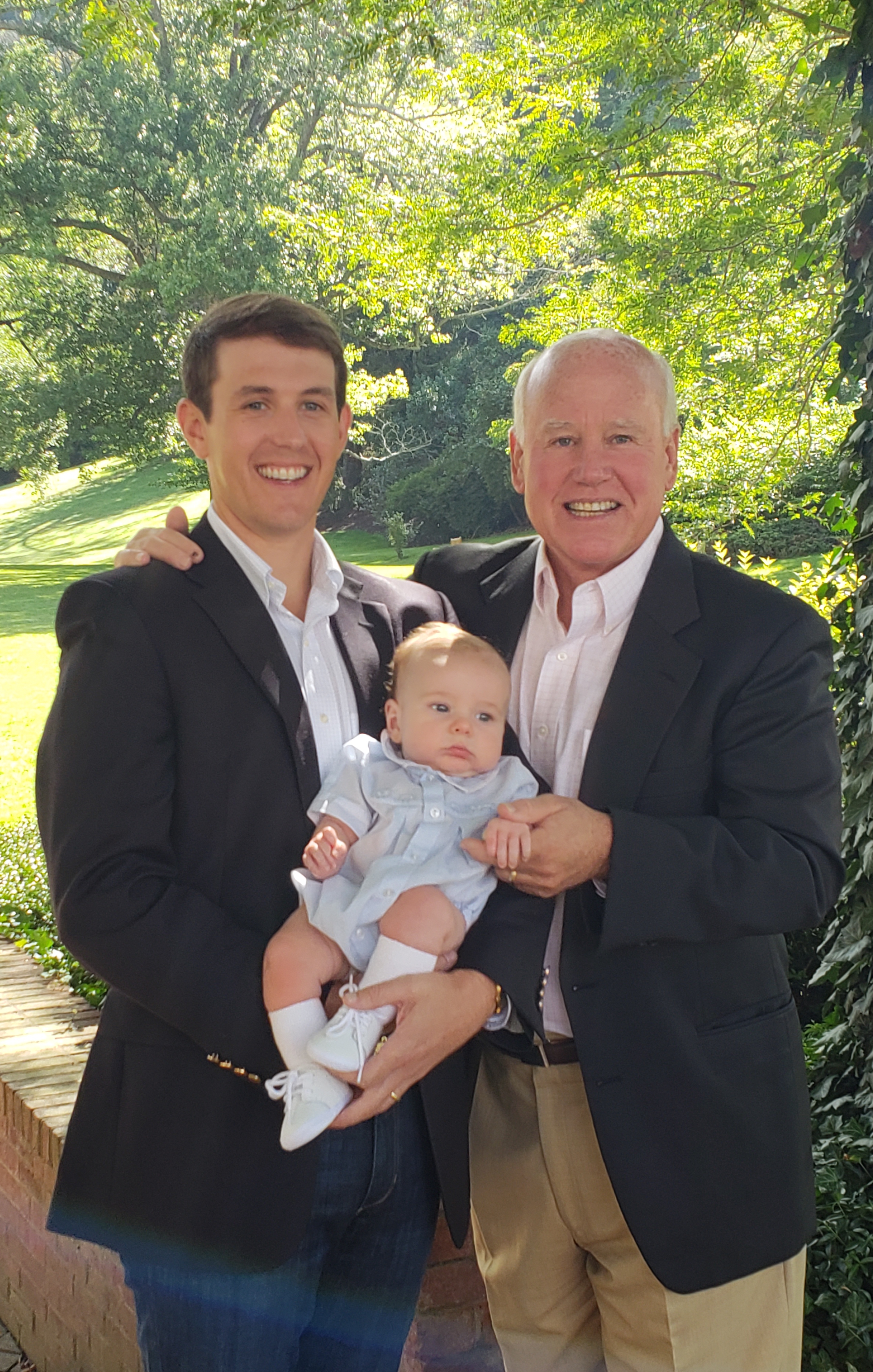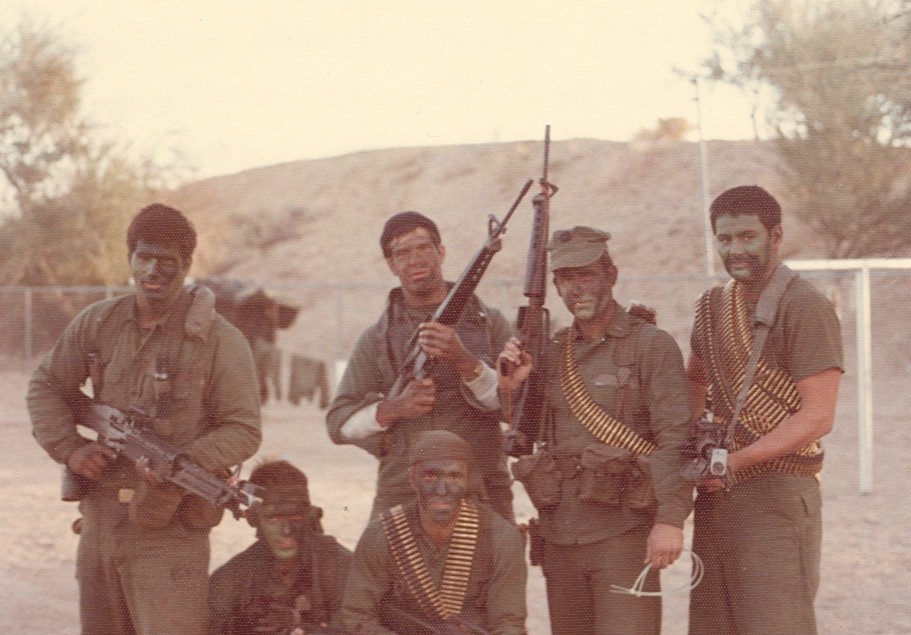“When a man finds that it is his destiny to suffer, he will have to accept his suffering as his task; his single and unique task. He will have to acknowledge the fact that even in suffering he is unique and alone in the universe. No one can relieve him of his suffering or suffer in his place. His unique opportunity lies in the way in which he bears his burden.”
—Dr. Viktor Frankl, Man’s Search for Meaning.
As a Navy SEAL training class leader, and now a physician, I treat life stresses as often as I treat most other diseases. I feel qualified to comment on the learning gleaned from decades serving patients dealing with life stresses.
There is not an uncomplicated way to tell you what it takes to be a winner. Every man who completes SEAL training, graduates, and is accepted into the special operations community will be a better person for the experience.
Every man that goes to Basic Underwater Demolition/SEAL (BUD/S) training swears to himself, and others, that he will never quit. Each event, every day, is designed to challenge that promise. Faith in one’s self cannot be allowed to waiver. Hell Wee is six days without sleep, freezing cold, soaking wet, and shivering constantly while pushed to physical and mental limits. The end of Hell Week is a defined point, but each challenge, offered and met, must be viewed as just one step towards that end.
To allow one’s self to measure the time until it ends is to invite doubt. When you doubt if you can stay in the chilly water one more second, or doubt your ability to run one more step, you must reach inside and pull the faith in yourself back to the present. Faith in one more step, faith in one more minute of cold endurance, and faith that the end will come when it comes. This will permit you to continue with the others. If the man next to you can endure, so can you.
Two of our starting class officers would try again and fail again. When faced with the brutality of their situations, they would lose faith in themselves a second time. I suspect it was, in part, due to their previous life successes. They had not yet failed enough or been tested enough by life’s many available hard events and surprises. They allowed themselves to think ahead. The distance to the finish line was too far away. They had other places that they could go and still feel good about those options. Most, (if not all) of the graduates that the book Six Days of Impossible Navy SEAL Hell Week is about, had no place else they were willing to go.
That is what they knew in their hearts, what they felt deep in their bones, and was engraved permanently in their souls.
“I have seen worse. I can and will go on.” But only 11 of 70 made it.
The eleven men’s unwillingness to accept any option other than staying the course to the end—and their ability to embrace the essential concept that “the only easy day was yesterday”—proved to be their learned life blessing and their salvation.
Those that have endured life’s many challenges, and who have incorporated winning as part of themselves, will succeed in later endeavors. The lessons of this narrative apply to all persons in every walk of life.
Endure and survive the challenges that life throws at you – especially those that you cannot control – and the future will be yours to manage.
In all the years that I have shared the stories of the men I trained with, I have never admitted that I was disappointed that I never actually discovered my physical or mental limit. I was told to expect it. I wanted to find it so I could move past it, but I had more to give. I have felt guilty that perhaps I was not as good as I was supposed to be by failing to almost fail. When my Hell Week ended, I was grateful and exhausted, but I could have gone further.
I discovered, in researching the book – and listening to the others – that I was not the only one that did not find their physical or mental endpoints before the week ended.
I suggest, in retrospect, that it was because life had already shown us a more difficult, and distant, endpoint.
Others, like me, had already had the “shit kicked out of them” so many times already, that the limit they would need to find in Hell Week was beyond what the instructors could imagine, or even legally require.
Yet, by completing Hell Week, we could acknowledge our already life- learned lessons as immensely valuable. Our success was highly likely from the start. We had already, in our previous experiences, stepped over the invisible line that few are willing to acknowledge or talk about. Our “fourth instinct” was learned.
When selecting a future frogman, or business leader to thrive in a challenging environment, it is likely that past life challenges and hurdles will prove to be the principal distinguishing predictor of success.
The preceding excerpt is from my first book about SEAL Hell Week. More physician experiences at peace and war are in my second book, Swords and Saints A Doctor’s Journey.


